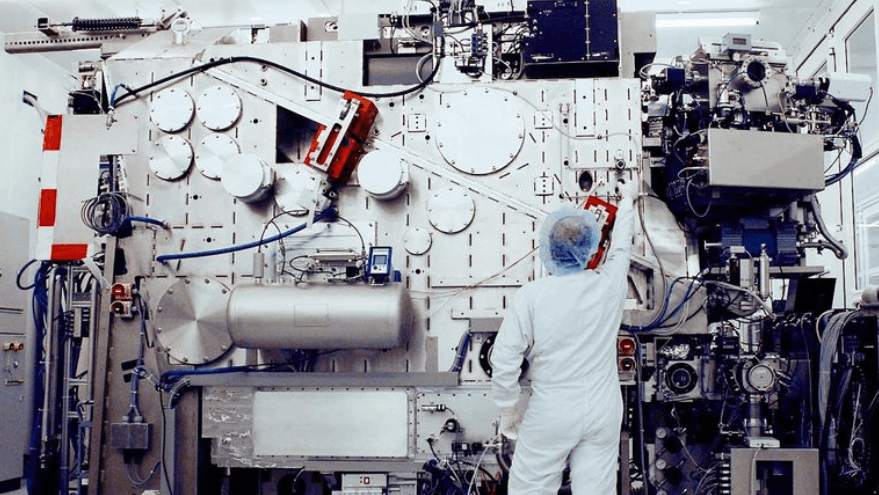Netherlands and Nexperia: correct in principle, risky in practice
The ban on chip exports from China exposes our vulnerability and makes strategic autonomy more urgent than ever.
Published on October 18, 2025

Bart, co-founder of Media52 and Professor of Journalism oversees IO+, events, and Laio. A journalist at heart, he keeps writing as many stories as possible.
The Dutch government's decision to impose an export ban on Nexperia can be defended on principle. A country that takes its national security and technological sovereignty seriously cannot afford to have a chip factory whose control is opaque and where conflicts of interest prevail. But at the same time, we must recognize that the direct consequences of this decision will cause us problems, particularly in economic and geopolitical terms.
China's predictable response
For Beijing, the measure was further proof that the Netherlands is merely an extension of Washington. That image had already emerged when The Hague, under pressure from the Americans, imposed export restrictions on ASML's most advanced machines. The simultaneous decision by the Enterprise Chamber to suspend Nexperia's Chinese CEO reinforced that interpretation. Within a day, China initiated countermeasures, including an export ban from the Nexperia factory in Guangdong.
The ironic consequence of the Netherlands' assertive action is thus a further disruption of our supply. While the measure was intended to gain control over our strategic sectors, in the short term it actually increases the vulnerability of European electronics chains.
The Dutch paradox
The Netherlands finds itself in a quandary. On the one hand, thanks to companies such as ASML, we are crucial to the global chip industry. After all, ASML supplies the machines used to manufacture the most advanced chips in Taiwan, South Korea, and the US. This makes us an indispensable link in the global high-tech economy—but also a target for geopolitical pressure.
On the other hand, like the rest of Europe, we are heavily dependent on Chinese production and raw materials. While ASML embodies the pride of our technological strength, the Nexperia affair shows how limited our autonomy is in practice. The Netherlands can help the world move forward through ASML, but at the same time remains vulnerable as long as it needs supplies of materials and components from China.
Urgency of strategic autonomy
That is precisely why the current crisis is more than just an incident. It makes it clear that the Netherlands and Europe must invest more quickly in strategic autonomy. This means not only finding alternative sources for rare earth metals and crucial components, but also expanding our own production capacity in semiconductors and energy supply.
The Netherlands has a dual responsibility here: as the home base of ASML, we have a unique position and a geopolitical burden. We can no longer (naively or otherwise) rely on free global trade, but must contribute even more actively to a European strategy that protects our technological lead and reduces our dependence.
This also shows how essential it is to give ASML room for growth in and around Eindhoven—something whose necessity has recently been called into question due to the practical consequences for the residents of that region. Strengthening ASML's position in a setting controlled by us is an important component of our future prosperity.
An uncomfortable truth
The export ban against Nexperia is defensible in principle, but risky in practice. It shows that courageous political choices hurt in the short term. At the same time, the affair mercilessly exposes the fact that the Netherlands and Europe have ignored their dependencies for too long.
The choice is uncomfortable, but clear: either we remain trapped in a dependency that makes us vulnerable time and again, or we invest now in the autonomy that will soon give us the freedom to uphold principles without fear of repercussions.
